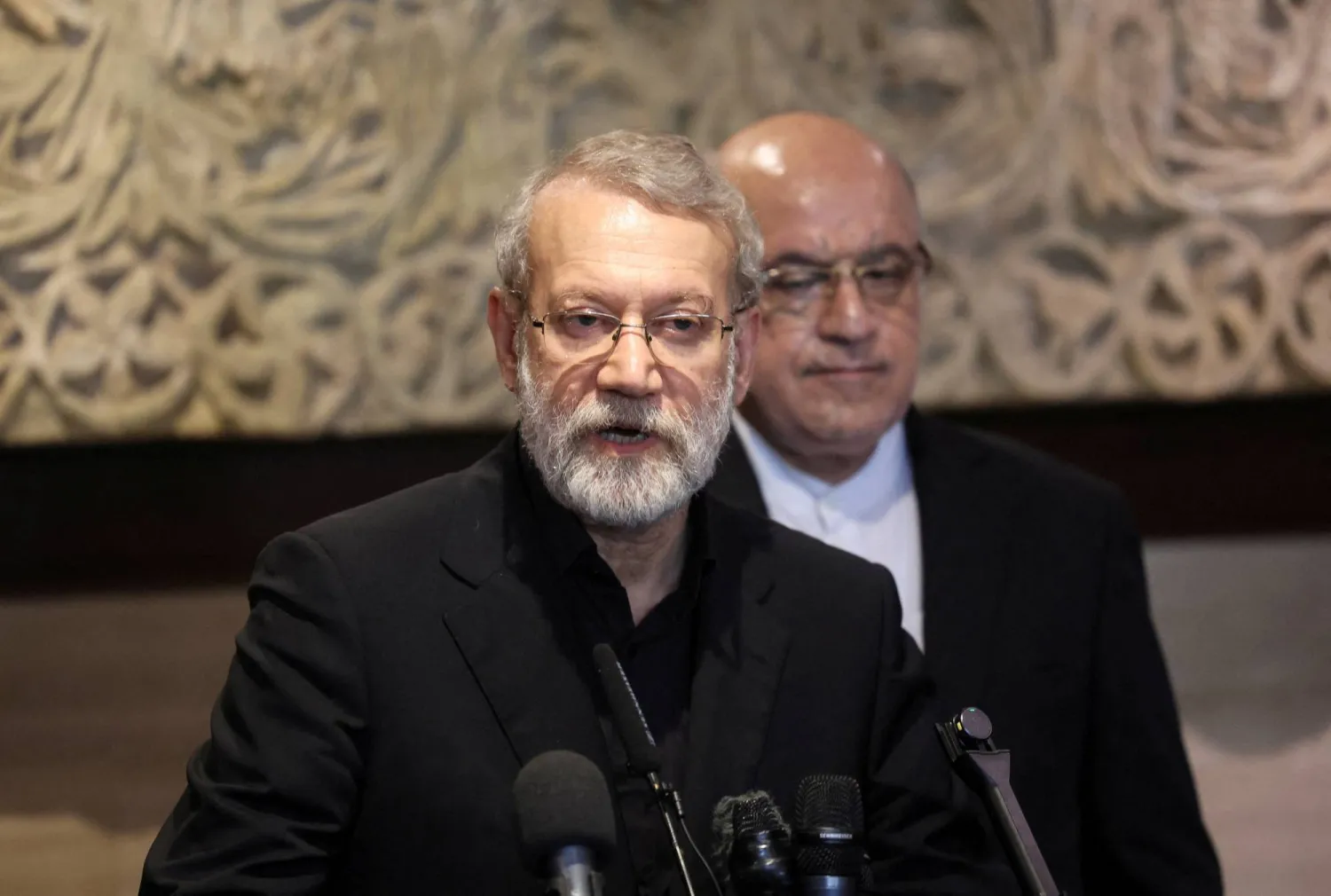Japan's top national security official said he conveyed "serious concerns" to China's foreign minister over North Korea's deepening ties with Russia after the pair held talks in Beijing.
Their meeting on Monday was four and a half hours long, according to Japanese media, which said the two also discussed a possible head-to-head between President Xi Jinping and Japanese Prime Minister Shigeru Ishiba this month at a summit in Peru.
"Regarding current events on the Korean Peninsula, cooperation between Russia and the DPRK came up as a topic of discussion," Takeo Akiba told reporters late Monday, using the acronym of North Korea's official name.
"I conveyed our country's serious concerns about this," he added after the talks with Wang Yi.
The United States and its allies say they believe up to 10,000 North Korean troops are on the brink of entering combat in Ukraine from Russia's side.
On Monday, Russian President Vladimir Putin hosted the North Korean foreign minister, who has previously said the country will stand by Russia until its "victory" in Ukraine.
China considers Russia and North Korea its close partners. Washington has also expressed to China its concerns over Moscow and Pyongyang's deepening military engagement.
Monday's high-level talks were at China's invitation, Japanese government spokesman Yoshimasa Hayashi said on Tuesday.
Akiba said he and Wang "affirmed that our two countries share the broad direction of promoting our strategic and mutually beneficial relations as well as building constructive and stable relations".
Relations between Japan and China have worsened as Beijing builds up its military capacity in the region, and as Japan boosts security ties with the United States and its allies.
Prime Minister Ishiba -- who took office just one month ago and could lead a minority government after his ruling coalition lost its majority in snap elections -- is hoping to meet Xi on the sidelines of the Asia-Pacific Economic Cooperation (APEC) summit in Peru from November 10-16.
Akiba also reiterated Tokyo's concerns about the fatal stabbing of a Japanese schoolboy in Shenzhen in September, he said.









